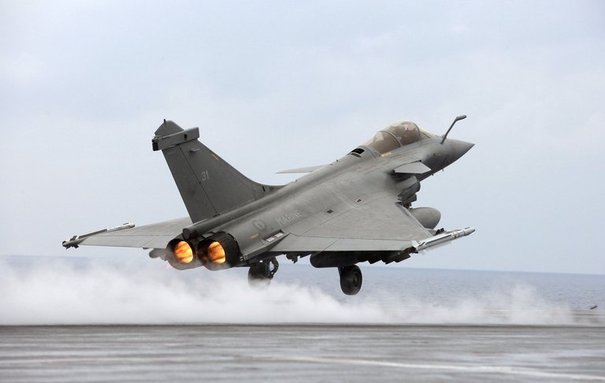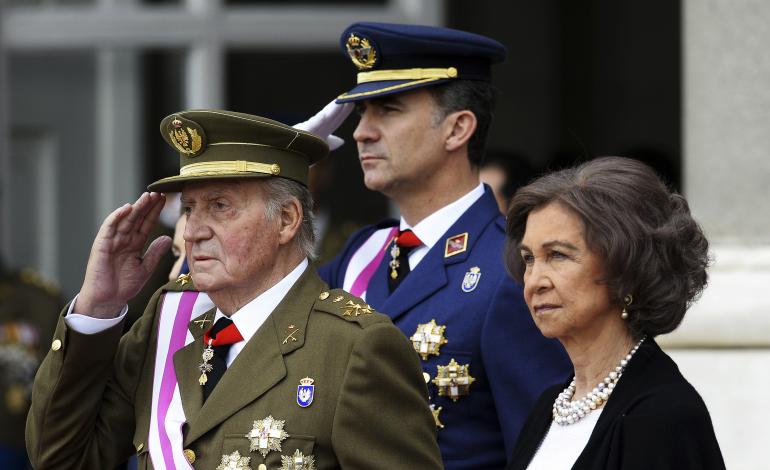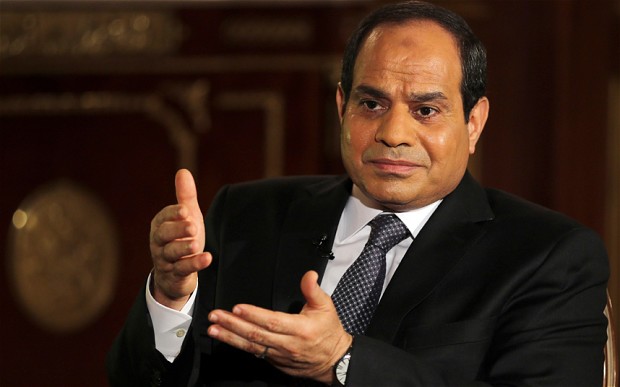A Libyan warplane under the command of a renegade former general targeted an Islamist militia base in the eastern city of Benghazi on Sunday, but instead hit a university building, witnesses said.
The attack was part of a campaign by irregular forces loyal to former army general, Khalifa Haftar, to purge the North African state of Islamist militants, whom he says the weak central government has failed to control.
Libya is in turmoil three years after the NATO-backed war that ousted Muammar Gaddafi, with Islamist, anti-Islamist, regional and political factions locked in conflict.
One jet attacked a historic building, which houses a base belonging to the militant group, Ansar al-Sharia, said Mohamed al-Hejazi, a spokesman for Haftar. “Our forces attacked the crown prince’s former building where Ansar al-Sharia is based,” he said.
Advertisement
But a Reuters reporter at the scene said there was no damage at the building that had been home to the crown prince when Libya was a kingdom before Gaddafi’s 1969 coup.
Instead, the warplane fired three rockets at a neighboring university’s engineering faculty, said its dean, Nasser al-Aqouri.
Two people were wounded, Aqouri said. “Thank God, lectures had already finished but there is huge material damage.”
Advertisement
Hejazi said the jet had taken off from Benghazi’s Benina air base, where regular military units have joined Haftar’s campaign, which began last month.
But rival militia brigades and political factions have rejected his offensive against militants as an attempted coup, after Haftar’s forces also attacked parliament a week ago.
Ansar al-Sharia, listed as a terrorist group by Washington, on Tuesday warned the United States against interfering in Libya’s crisis and accused the U.S. government of backing Haftar.
Authorities extended the closure of the civilian part of Benina airport until June 15 for security reasons, its director said.
Advertisement
Gaddafi’s authoritarian rule, followed by three years of unrest have left Libya with few functioning institutions and no real national army to impose authority on the competing militias and brigades of former rebels who have become power-brokers.
Libya’s acting prime minister, Abdullah Al-Thinni, on Wednesday refused to hand over power to a newly elected premier.
Reuters
Advertisement
Add a comment







